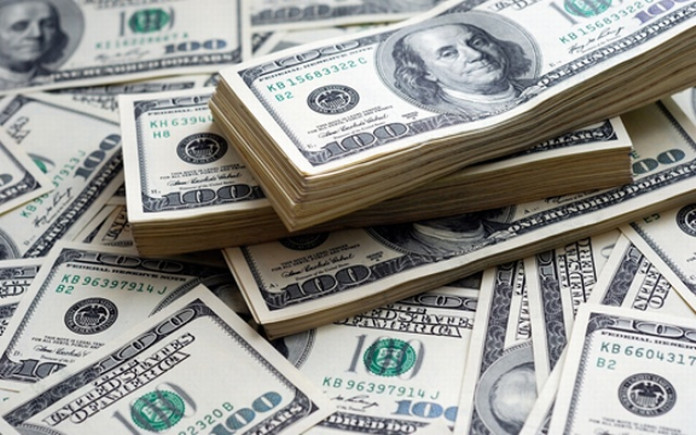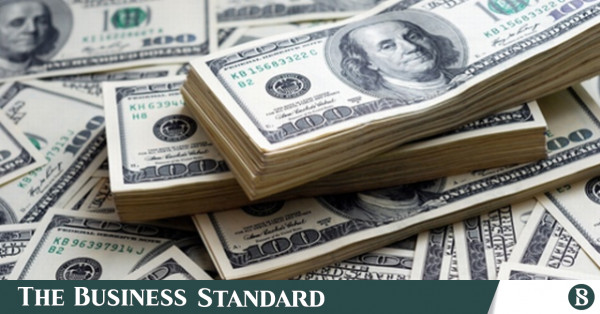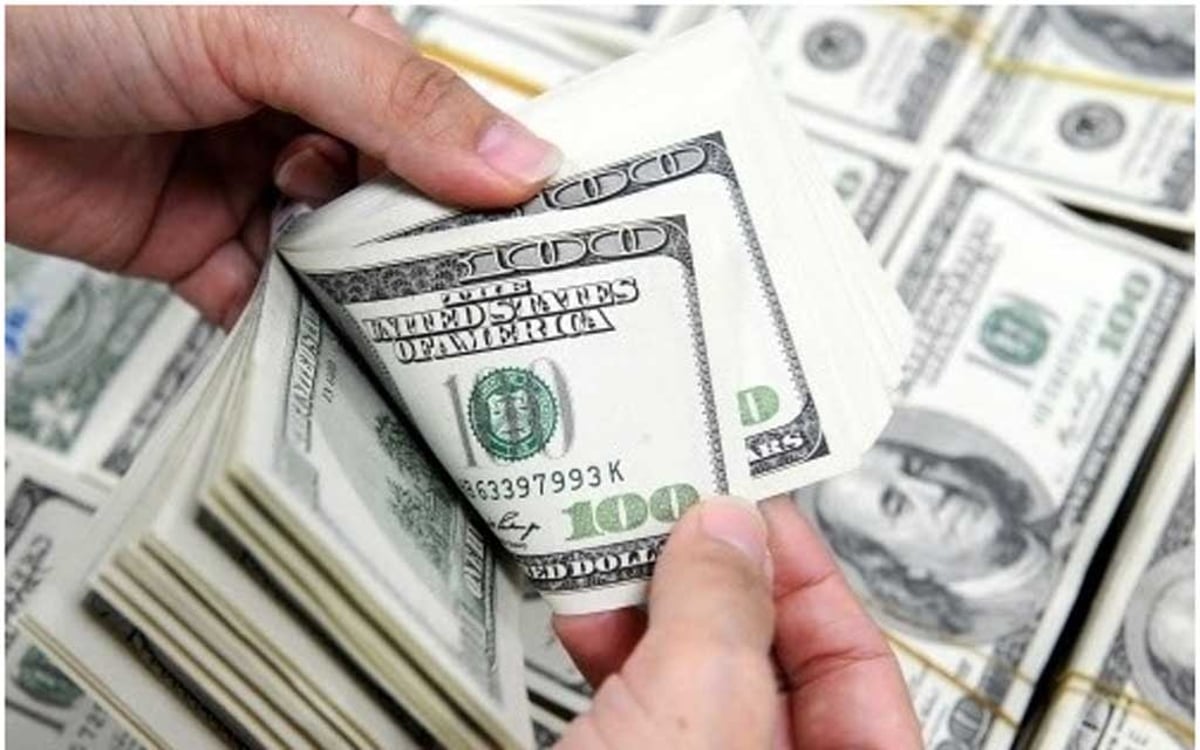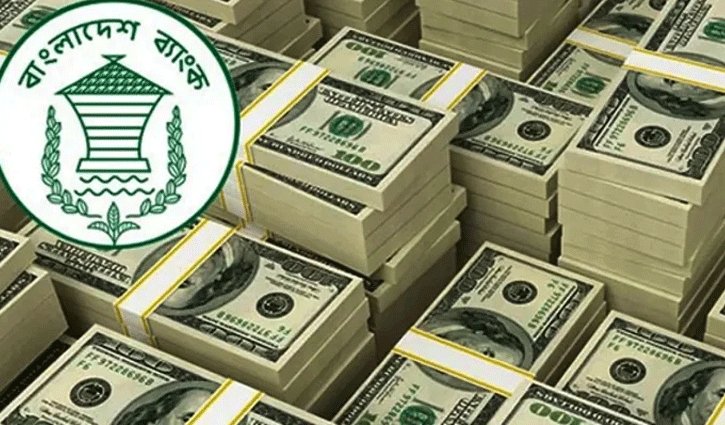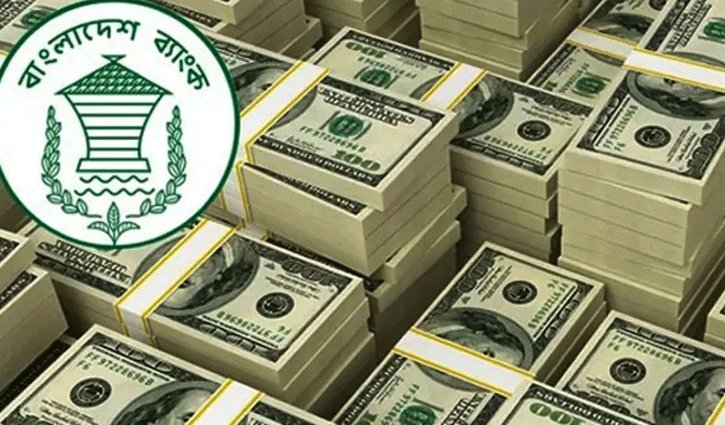Remittance hits $21.7b, an all-time high
AKM Zamir Uddin
Remittance hit an all-time high of $21.74 billion last year as migrant workers continued to use formal channels sidestepping the hundi system to send home massive amounts of money.
Last year, the inflow posted a magnificent growth of 18.59 per cent compared to that in the previous year, showed data from the central bank.
Migrant workers remitted $2.05 billion in December, meaning that the inflow crossed the $2-billion mark for the fourth straight month.
The increasing trend has given a boost to government confidence in managing the macro-economy in times of crisis.
The country's foreign exchange reserve has already surpassed the $43 billion mark riding on the upward trend of remittance, a development that will help the government use the foreign exchange reserve on a rainy day. The reserve stood at $32.38 billion in March last year when the coronavirus hit the country.
Experts hope that the trend would be maintained until at least the end of the pandemic given the global economic scenario and the initiatives taken by the government.
They, however, said that there was no scope to pinpoint any reason behind the increase in remittance as this was quite an unusual phenomenon from the perspective of the global scenario.
Although the country's workforce export came to a halt in April last year because of the pandemic, remittance has kept the ball rolling.
Between January and March last year, 181,218 Bangladeshi citizens went abroad, according to data from the Bureau of Manpower, Employment and Training (BMET).
No data is available on the BMET website for April onwards.
On an average, the country sends 7 to 8 lakh people abroad as workforce per year.
As much as 700,159 workers went to different countries on job appointments in 2019.
The stagnation of hundi, an illegal cross-boundary financial transaction, has pushed the country's remittance up, said Zahid Hussain, a former lead economist at the World Bank's Dhaka office.
The act of sending workers to foreign nations has almost come to a stop due to the ongoing business slowdown, he said.
"The financial transaction for the export process of workers is usually settled through hundi," he said.
In addition, money laundering through imports has been almost brought to an end in recent months, he said.
A vested quarter usually dodges taxes by way of under-invoicing while settling imports, Hussain said.
Imports have nosedived in recent months as businesses have adopted a go-slow policy in setting up new industrial units or expanding existing ones.
Imports decreased 8.84 per cent year-on-year to $20.24 billion in the first four months of fiscal 2020-21.
Remittance may decrease to some extent when the pandemic comes to an end as the global hundi cartel will witness a revival, Hussain said.
He, however, said the pandemic would help a large number of migrant workers get accustomed to the formal channel for the transfer of their hard-earned money.
This will play a positive role in increasing remittance in the days to come, he said.
"But, the government will have to lay great emphasis on exporting manpower abroad in order to keep remittance inflow stable," Hussain said.
This was echoed by Ahsan H Mansur, executive director of the Policy Research Institute of Bangladesh.
A good number of migrant workers will not go back to the hundi system after the pandemic as they now feel secured and comfortable by way of using the formal channel, he said.
The platforms of mobile financial service (MFS) and agent banking are gradually turning into pivotal centres for transferring money from foreign nations, he said.
"Along with the migrant workers, some expatriate Bangladeshis, who run businesses abroad, may also have transferred funds to the country as part of their portfolio investment," he said.
A portfolio investment is an ownership of a stock, bond, or other financial assets with the expectation that it will earn a return or grow in value over time, or both.
It entails passive or hands-off ownership of assets as opposed to direct investment, which would involve an active management role.
"Many countries in North America and Europe have already entered into the deadlock of a zero per cent interest rate. A country usually will take several years to get rid of such a situation," Mansur said.
This has also created a deflation in the countries in the two continents.
Given the experiences of countries that had earlier faced deflation, an economy requires at least three to four years for the moribund state of affairs to fade away.
So the Bangladeshi diasporas now send money as the interest rate on deposit products offered by local lenders is much higher than those in the countries they are now based in.
Mansur went on to express hope that the upward trajectory of remittance will continue for at least four to five months.
But, remittances from the western nations may continue flowing in for the next three to four years given the zero per cent interest rate prevailing there.
Restrictions on cross-boundary travels has also pushed remittance up, said Syed Mahbubur Rahman, managing director of Mutual Trust Bank.
The 2 per cent cash incentive introduced by the government in 2019 has also encouraged the expatriate Bangladeshis to send more money through the formal channel, he said.
Remittance hit an all-time high of $21.74 billion last year as migrant workers continued to use formal channels sidestepping the hundi system to send home massive amounts of money.

www.thedailystar.net





